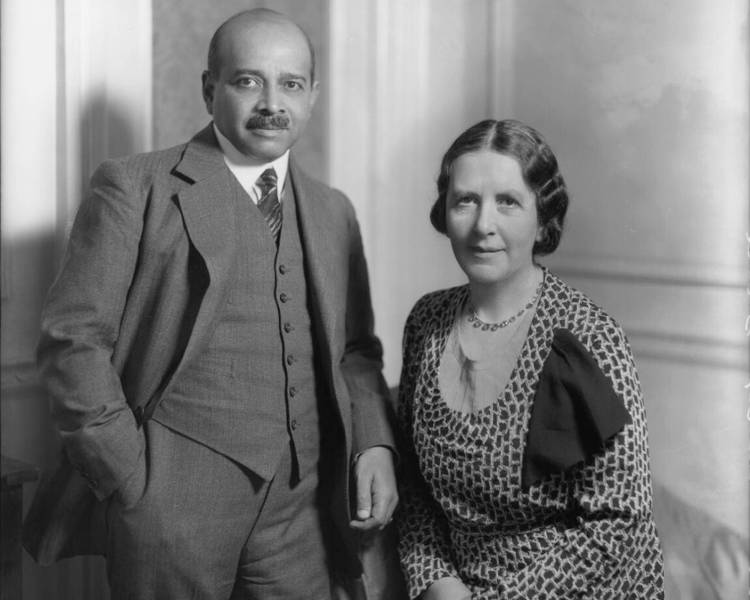Following is an excerpt from the Bhore Committee Report headed by Joseph William Bhore and presented in 1946 for the development of medical and health facilities in India. Its recommendations had a far reaching effect on the health policies in India.
Undergraduate Education
Considerable thought has been given by us to the type of training necessary for the evolution of the “basic” doctor and advice was sought from a strong and representative panel of experts in the field of medical education from different parts of the country. The main ideas underlying the changes recommended in the undergraduate curriculum include a reorganisation of the teaching both in the preclinical and clinical fields; a reduction in the hours of didactic instruction in certain subjects and an emphasis on the inclusion of principles and methods which will enable the student to learn for himself, think, observe and draw conclusions; the establishment, in every medical college, of a Department of Preventive and Social Medicine so as to give the student an insight info social health problems by contacts with home and community life and the inclusion of a year of “internship” after the qualifying examination, of which three months will be devoted to work in a public health unit and the remaining period in a hospital of approved standard. Throughout the whole course, the Importance of research should be stressed and whole-time teachers should themselves engage in research and encourage any student showing an aptitude or leaning towards this important aspect of his work to participate in research.
Our programme of expansion of educational facilities includes the improvement of existing colleges, the conversion of suitable medical schools into colleges and the establishment of new colleges in different parts of the country.
Postgraduate Education
Postgraduate education should be devised to meet two different needs. They are, (a) the training of consultants and specialists and (b) the training of practitioners' desirous of practising a speciality without the definite status of a specialist. In the case of (a) such training will naturally involve several years of work in special departments and hospitals and lead to a higher qualification such as the M.D. or M.S. In the case of (b), the training in the speciality concerned may range from 12 to 18 months under suitable guidance. We recommend that courses should "be available in (i) Oto-Rhino-Laryngology, (ii) Dermatology, (iii) Radiology, diagnostic and therapeutic, (iv) Ophthalmology, (v) Obstetrics and Gynaecology, (vi) Venereology, (vii) Anaesthesia, (viii) Psychiatry, (ix) Pediatrics, (x) Tuberculosis, (xi) Malariology, (xii) Blood transfusion and resuscitation and (xiii) Orthopaedics.
We have suggested the establishment of a special organisation, the Central Committee for Postgraduate Medical Education, to be responsible for laying down standards in respect of postgraduate training in particular subjects and for promoting the development of facilities for such education in different parts of the country on a coordinated basis. We have also made suggestions for the apportionment of cost of such institutions between the Central and Provincial Governments.
Refresher Courses for General Practitioners
One of the most serious handicaps in raising the general standard of medical practice in India is the absence of any provision for refresher courses. There are several lines along which refresher courses may be arranged, (i) Whole-time refresher courses which may extend from two weeks to two months. It is desirable to encourage short-term courses of two to four weeks, as many medical -men may not find it practicable to be away from their duties for longer periods. (ii) Part-time courses which may be — (a) weekend courses or (b) whole-day courses (c) half-day courses J systematic basis. (iii) One educational session once a week or fortnight conducted, throughout the year. (iv) Short-term posts in a recognised hospital for periods ranging from one month to three months.
We recommend that facilities for refresher courses should be developed in all hospitals attached to the secondary health centres, district health centres, medical colleges and the headquarters of each province.
We have also made recommendations regarding the provision of training facilities in tuberculosis, mental hygiene and dietetics.
Special Provision lor Licentiates
There are two types of training that may be given, (1) training which will enable licentiates to obtain a university degree and (2) advanced training in the specialities.
(1) Courses leading to degree qualification.— The All-India Medical Council has suggested certain changes which some universities have accepted, the result of which will be that the licentiate can within 18 to 24 months obtain the degree of M.B.B.S. Special concessions to those who were serving in the armed forces so that they may, after demobilisation, proceed to a degree have also been recommended. We suggest that it should be the endeavour of every university and every medical college to reserve a sufficient number of places for licentiates so as to enlarge substantially their opportunities to obtain a medical degree.
(2) Advanced training for licentiates.— There are at present only a few centres where such training can be obtained by licentiates, the School of Tropical Medicine, Calcutta, and the All-India Institute of Hygiene and Public Health being two institutions which afford opportunities for them to acquire their diplomas. It is also understood that the Government of Madras has introduced special courses in Ophthalmology, Obstetrics and Gynaecology, Tuberculosis and Clinical Laboratory Sciences for licentiates. Such diplomas should be made more freely available to them by other authorities in different parts of the country.


